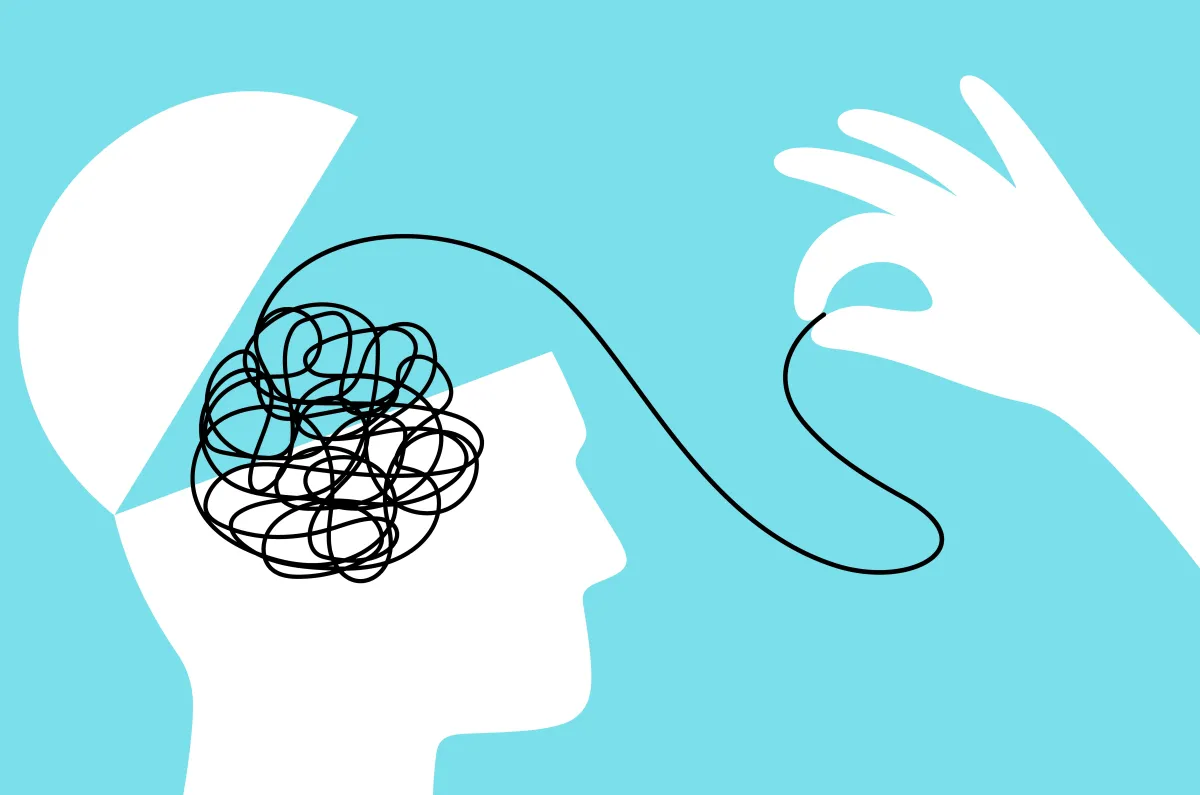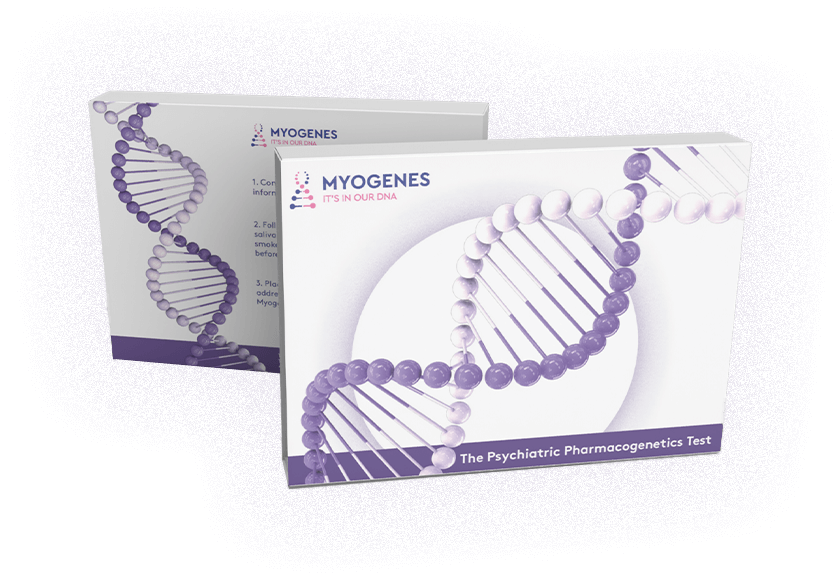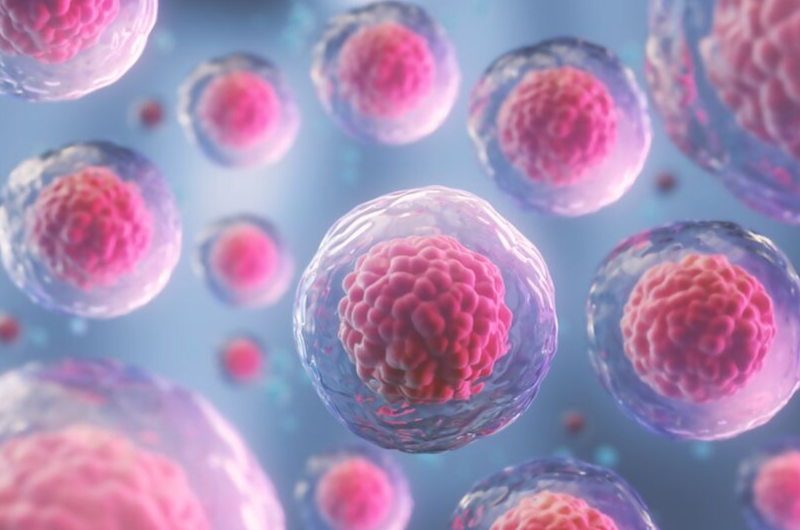5 Mental Health Myths Debunked

Myth #1: Mental illness is a sign of weakness.
Chronic conditions such as diabetes or heart disease can heighten the likelihood of developing mental health challenges. Genetics also play a role. A large study involving 1.2 million people identified significant links between various genetic variants and depression. Additionally, research conducted with over 30,000 pairs of twins demonstrated an almost 80% heritability rate for schizophrenia, one of the most complex mental health disorders.7
Ultimately, mental illness can affect anyone, regardless of their lifestyle, strength of character, or personal resilience.
Myth #2: Positive thinking alone can cure mental illness.
Well-meaning friends might suggest reaching out to loved ones or engaging with a faith community as a solution, and while these actions can offer valuable support, they’re not always sufficient on their own.
Every individual manages mental health conditions differently. For example, two people diagnosed with depression may require entirely different forms of treatment and support to aid their recovery.
Friends and family may lack the skills to provide the right kind of help. In some cases, well-intentioned comments might inadvertently suggest that if someone doesn’t overcome their struggles independently, they’re somehow flawed. This can deepen feelings of shame and make recovery even harder. Seeking professional guidance is often a crucial step towards healing.

Myth #3: Children don’t experience mental health problems
There’s a misconception that childhood is a carefree time without real problems, however, evidence shows that some of the most significant increases in mental health concerns have been seen among young people.
Clinical psychologists are seeing a sharp rise in cases of anxiety, depression, trauma, and obsessive-compulsive disorder among children, alongside a troubling increase in suicide attempts.
If you suspect your child may be struggling, trust your instincts and reach out for support.
Myth #4: Medication for mental health conditions is ineffective or dangerous
That said, everyone responds to medication differently. If someone you know has experienced side effects such as fatigue or weight gain, this doesn’t mean the same will happen to you.
Medications also aren’t a quick fix. Some can take several weeks before their full effects are felt, and some side effects may occur initially.
The best approach is to have open conversations with your healthcare provider. Expressing any concerns and exploring your options will help you work together to develop a plan that suits you.
Another helpful tool is genetic testing for mental health medications, known as pharmacogenetics (PGx). This testing can help identify medications and dosages that are better suited to your genetic makeup, increasing the chances of finding an effective treatment while reducing the risk of side effects. Myogenes is a leader in providing this personalised approach to care.

Myth #5: Therapy doesn’t work.
A lot of people have misconceptions about therapy, often shaped by portrayals in films and television, in reality, therapy is usually a structured, short-term process focused on providing practical tools to help you feel better.
The bottom line: Mental health conditions are treatable, whether through therapy, medication, or a combination of both. Don’t let myths prevent you or someone you care about from seeking the support needed. If you’re struggling, reach out to a healthcare professional. Even if you aren’t, you can become an advocate for better mental health awareness and support.



